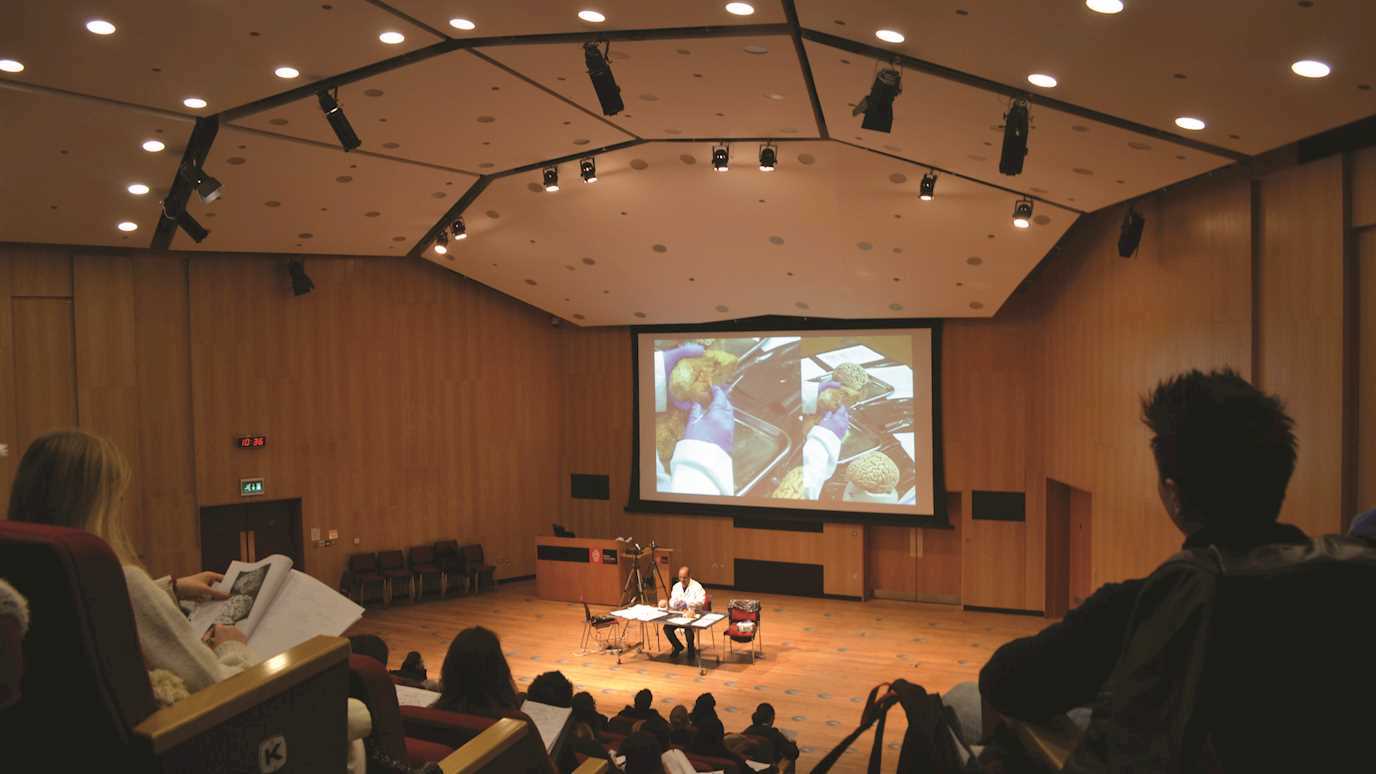Low back pain is a leading global cause of disability with dramatic consequences for productivity and the economy.
Professor Pincus’ research on the psychology of chronic pain has informed UK healthcare policy and helped shape projects aimed at returning people to work. It has also led to changes to UK and USA hospital triage and referral systems and formed the basis of clinical training in nine countries.
Changes to policy and guidelines
Fear of returning to work is a risk factor for chronicity in low back pain. By working with the UK Government Work and Health Unit, Pincus influenced the understanding of policymakers in shaping the design of major new trials. She was also invited to be an expert advisor on the Work and Health Unit’s IPS Grow project, which directly develops and tests return to work interventions with NHS England.
Pincus led interdisciplinary work to develop the Depression, Anxiety, and Positive Outlook Scale, or DAPOS. The DAPOS has been translated into eight languages and used in routine practice in the NHS. Citing Pincus’ research, the NICE guidelines were changed to recommend that clinicians assess patients with chronic pain for levels of distress, and refer patients with high levels to Cognitive-Behavioural interventions. This change to policy has resulted in psychological screening being routinely carried out in primary care, improving care for millions of patients.
Changes to hospital systems and clinical practice
In the UK, the NHS has implemented new triage, training and referral procedures in Hampshire and Berkshire hospitals. In the USA, Pincus collaborated with the Occupational and Industrial Orthopaedic Center at the NYU Hospital for Joint Disease who, as a result, now implement new screening, follow-up and discharge questionnaires.
Pincus’ research has led to the development of new interventions based on psychologically-informed models of chronic pain. Based on the success of these interventions, Pincus provides in-depth training courses in psychologically-informed practice for physiotherapists, surgeons and other spine practitioners. To date she has trained practitioners in the UK, USA, South Africa, Israel, Denmark, Norway and France.
Training and online resources
Pincus’ research informed the design of Pathway through Pain, a digital course for self-managing chronic musculoskeletal pain that guides participants through all the elements of an intensive Pain Management Programme (PMP), recommended by NICE.
Pincus was the Chair of Patient Line, a website developed by EuroSpine, which provides diagram and video explanations about psychological factors that are all informed by Pincus’ research. Patient Line has been translated into eight languages and is visited around 11,000 times a month. Pincus also engages with patients through online videos, interviews and webinars, for example, her video “Pain and Me”, has been watched over 40,000 times.
For more information visit : http://www.painresearch.rhul.ac.uk/people/





















